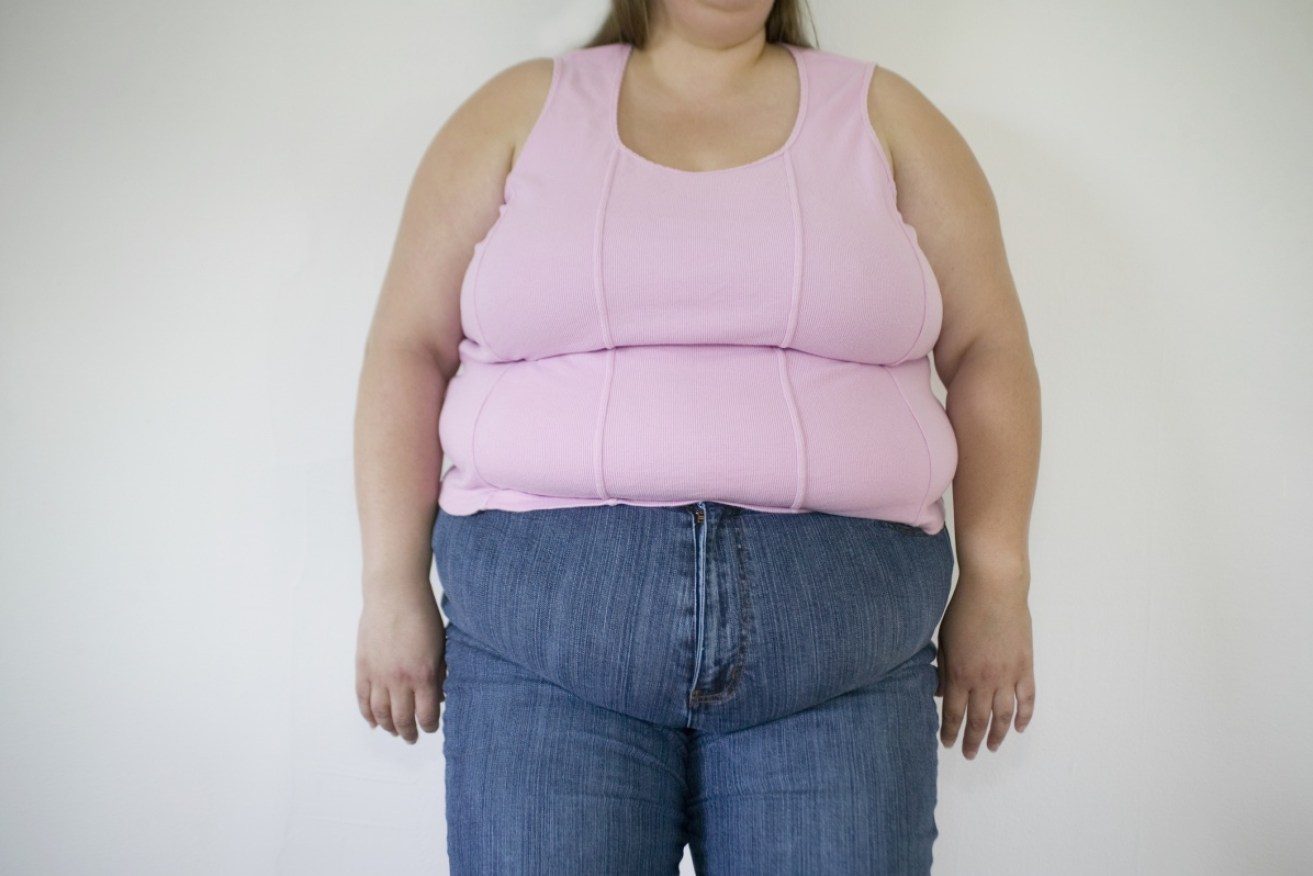The Australian state with the most obese women


Does weather contribute to an overweight population? Photo: Getty
A study has found Tasmania contains the largest proportion of overweight women in Australia, with over 35 per cent of females obese according to the body mass index (BMI) score.
The research, commissioned by weight loss company Jenny Craig, utilised data from Roy Morgan, Nielsen and the Australian Bureau of Statistics.
Western Australia and the Australian Capital Territory fared the best, with just 4.7 per cent and 1.5 per cent recording a BMI score that indicated obesity.
A BMI score is calculated by dividing a person’s weight in kilograms by their height in metres squared.
Dr Georgia Rigas, Chair of the RACGP Obesity Management Network, said the BMI had its drawbacks – especially when treating children, the elderly and athletes.

Is it Western Australia’s beach lifestyle that makes the difference? Photo: Getty
“It’s not perfect, but at a population level it’s useful,” she told The New Daily.
Dr Rigas also said Australians (and their doctors) should ditch the stigma around obesity, and get used to jumping on the scales.
Southern comfort
Tasmanians recorded obese BMIs – and a desire to lose weight – at a rate almost three times as high as Queensland and almost 10 times as high as WA.
In a statement, Jenny Craig dietician Jemma O’Hanlon said she believed the findings indicated that climate was a factor.
“Tasmania is cold for much of the year … in contrast if you are living in WA you are more likely to be making the most of the warmer weather.”
Dr Rigas of the Obesity Management Network said the BMI should be used in conjunction with waist measurement to give a more accurate idea of health.

Waist size is another very important factor. Photo: Getty
“If they are carrying their weight around the central abdominal area, that’s when you’re going to get heart disease, diabetes, etc,” she said.
For clinicians, Dr Rigas suggested it was more helpful to test whether a patient’s diabetes had improved or if they could walk a flight of stairs with ease.
“It’s more about how much they can function than the number on the scales,” she said.
BMI not for everyone
Dr Rigas said the body mass index scale was problematic for children, among others.
“When they’re still growing, it won’t give an accurate answer,” she said.
Instead, clinicians use the ‘BMI z-score’, which tracks children’s height weight, age and gender on a graph.

Being able to function can be just as important as the number on the scales. Photo: Getty
Body builders or athletes with a high muscle capacity should also avoid putting too much faith in the BMI, as muscle weighs more than fat.
For those over 65, Dr Rigas said it was often important to keep a certain amount of fat around the joints, to prevent decay and pain.
“We want them to be strong and have good balance,” she said.
Don’t fear the scales
Despite arguing that weight is just one of many factors that comprise a person’s health, Dr Rigas argued that we all need to be weighing ourselves more.

Weighing ourselves shouldn’t be a big deal. Photo: Getty
“Doctors are good at weighing kids from 0-5, but once they go to school we start to forget,” she said.
The Obesity Management Network is actively campaigning for doctors and members of the public to normalise hopping on the scales, and to decrease the stigma surrounding obesity in Australia.
It’s an initiative shared by New South Wales Premier Mike Baird, who aims to decrease childhood obesity by five per cent in the next 10 years.
“A lot of society thinks obesity is just laziness and having no self control – that’s not true,” Dr Rigas said.








